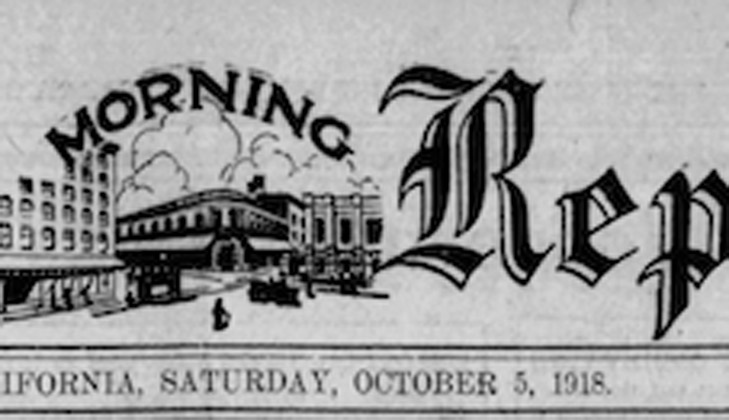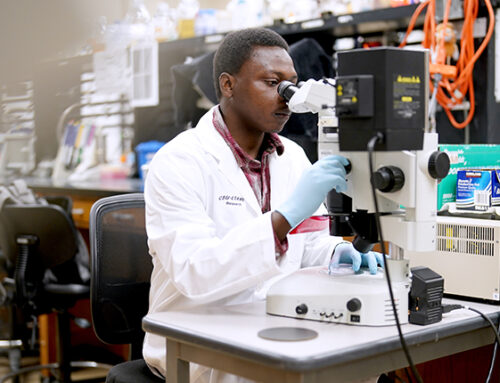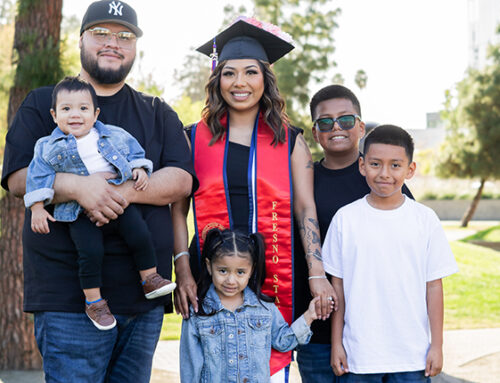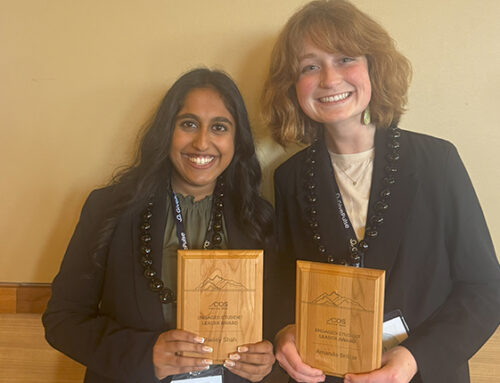Ethan Kytle’s weekly writings show parallels between current and past pandemics
Millions of Americans scrambled to adjust to the extraordinary changes to society spurred by the COVID-19 pandemic in mid-March. Schools and colleges suspended classes. Restaurants, bars and theaters closed. Major public events were canceled and people began to work and “attend” school from home, with the use of technology.
While this situation is unlike any other experience for most Americans, history will tell us it’s not completely unprecedented.
A little over a century ago, in 1918-19, a deadlier respiratory virus killed 50 to 100 million people worldwide. That influenza pandemic sparked similar responses that began in the U.S. a few weeks ago — schools and saloons were shut and public performances outlawed.
To provide some historical context for the current state of affairs, Dr. Ethan Kytle, professor and chair for the Fresno State History Department, is cataloging how Fresno responded to the 1918-19 “Spanish” flu pandemic.
“As a historian I tend to process contemporary events — especially extraordinary developments like the coronavirus pandemic — through the past,” Kytle said. “When Fresno State first announced that it was moving to remote instruction several weeks ago, I decided to look into what had happened here in Fresno during the last health crisis of this magnitude: the 1918-19 influenza pandemic.”
With access to a full digital run of the leading daily newspaper at the time, Kytle examined the Fresno Morning Republican and learned from a thesis on Fresno’s flu outbreak written by a Fresno State history graduate. He was immediately fascinated by what he discovered, particularly the parallels to the current crisis, dating back to newspaper issues from early October 1918 when the flu virus first appeared in Fresno.
Kytle began writing his findings in a series of dispatches, published by Tropics of Meta, that follow the progress of the 1918 pandemic in real time. The project seeks to document the health crisis that occurred in Fresno a century ago and to share the research in a way that speaks to experiences today. The idea is that readers will be able to follow the course of the 1918 pandemic in Fresno as the current pandemic unfolds, week by week.
He’s written five dispatches so far, each of which covers the early days of the crisis. The latest dispatch recounts the events of late October 1918, when Fresno was in its fourth week of the pandemic. He’s noticed similarities and differences in communication.
“The chief difference is that today we have a plethora of ways to quickly disseminate information — from newspapers, radio and television to cell phones, social media and the internet more generally,” Kytle said. “In 1918 there were newspapers — like the Fresno Morning Republican — the U.S. postal service, the telephone and that is about it. It was, therefore, much harder to get the word out.”
Kytle said the fact that the 1918 outbreak was dubbed the “Spanish flu” reflects the communication barriers. Although the first cases of the virus were observed in the United States in the spring of 1918, World War I combatants, including Germany, France, the U.K. and the U.S. initially censored stories about its spread. But in Spain, a neutral country, the press was free to cover the pandemic, which gave the inaccurate impression that it was centered there. And thus the outbreak became known as the “Spanish flu.”
Although it’s a lot faster and easier to provide information now, Kytle says the downside to social media and technology is that they can also facilitate the instantaneous spread of inaccurate or false information. But it’s worth noting that misinformation was something people also worried about during the 1918 pandemic.
“For instance, Chester Rowell, the editor of the Fresno Morning Republican, wrote an editorial in which he discussed gossip that was circulating about the flu,” Kytle said. “He divided the gossip into two forms: the first, which exaggerated the threat; and the second, which minimized it. But he was very clear about one thing: the latter form — which downplayed the threat — was ‘the most dangerous.’ The pandemic, Rowell concluded, ‘is serious and the only way to check it is to recognize its seriousness and cooperate fully with health authorities.”
Kytle will continue to write dispatches about the way the 1918 pandemic was dealt with in Fresno to be published in Tropics of Meta. He’s keeping up with the COVID-19 outbreak and has asked his students to keep a diary of their experiences.





